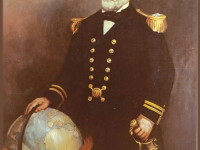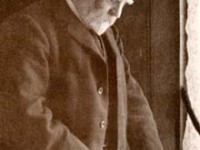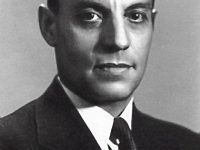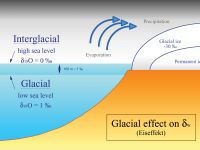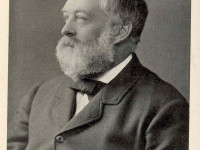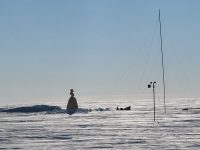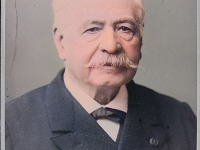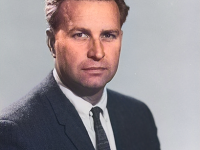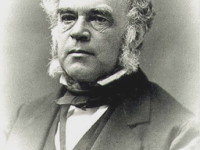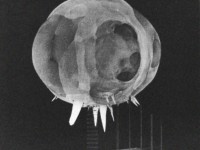Matthew Fontaine Maury and the Oceanography
On January 14, 1806, American astronomer, historian, oceanographer, meteorologist, cartographer, author, geologist, and educator Matthew Fontaine Maury was born. He is often referred to as Father of Modern Oceanography and Naval Meteorology, due to the publication of his extensive works in his books, especially The Physical Geography of the Sea (1855), the first extensive and comprehensive book on oceanography to be published. Maury made many important new contributions to charting winds and…
Read more

